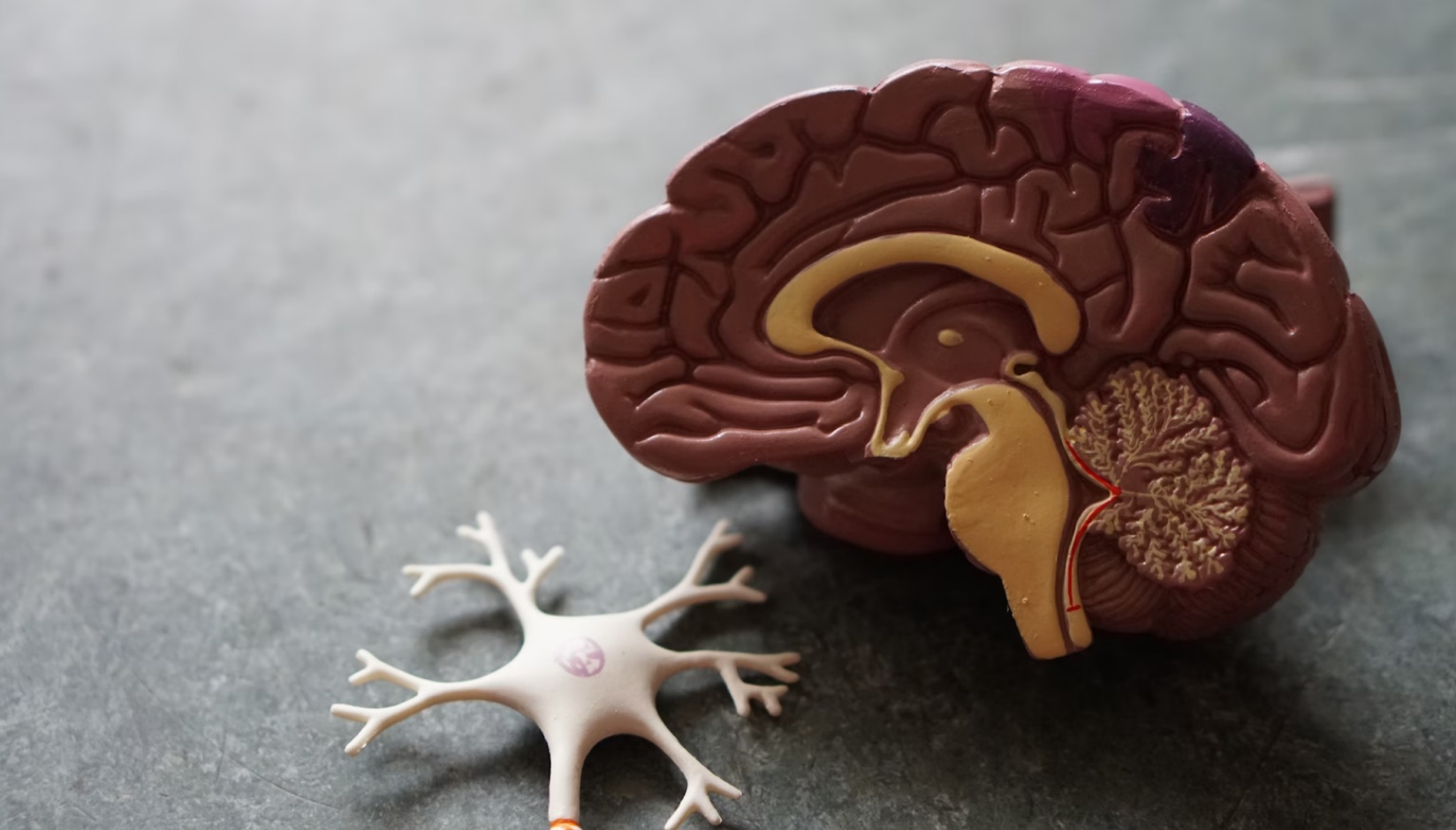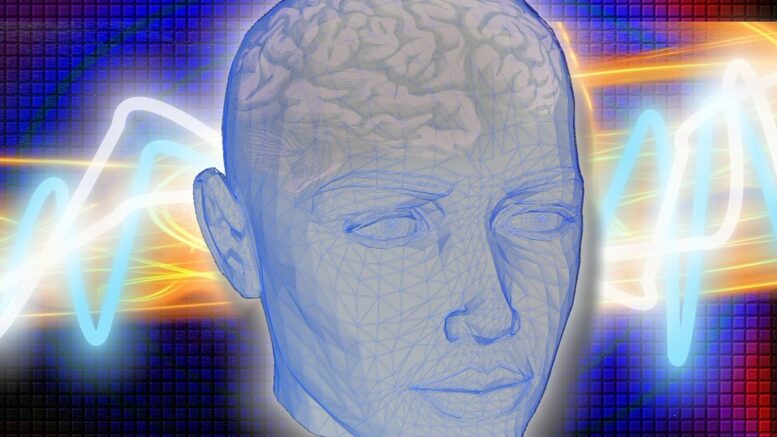Although mental health is an important component of overall well-being, standard therapies for mental health problems frequently fail to offer adequate relief. The field of mental wellness is currently undergoing a revolution because of a cutting-edge technique called transcranial magnetic stimulation (TMS) therapy. In this article, we’ll look at how TMS therapy can transform the way that mental health issues are treated, giving individuals looking for practical answers fresh hope.
Understanding TMS Therapy:
Transcranial magnetic stimulation therapy, or TMS therapy, is a non-invasive technique that uses magnetic fields to stimulate particular parts of the brain. TMS therapy focuses on these regions in an effort to control brain activity and lessen symptoms brought on by mental health issues. The magnetic stimulation employed in TMS therapy has the potential to affect neuronal networks and aid in the recovery of lost brain function.
The science underlying TMS therapy is found in its capacity to alter brain networks and neurochemical imbalances linked to mental health issues. Disruptions in the complex network of neurons that keep the brain functioning can cause a number of different mental health issues. TMS therapy intervenes in this network by stimulating particular brain regions, increasing or decreasing neuronal activity, to promote balance and better mental health.
A qualified professional applies a magnetic coil to the patient’s scalp during a TMS therapy session to target specific brain areas. The coil produces concentrated magnetic pulses that pass through the skull and into the desired brain regions below. The neurons in the targeted location are stimulated by these pulse-induced little electrical currents. To achieve accurate and efficient stimulation, it is essential that the magnetic pulses are placed and amplified precisely.
Neuronal depolarization or hyperpolarization, which affects the firing patterns and total activity of the neurons, can occur when magnetic pulses interact with neurons. Changing brain circuits and neurochemical pathways may result from this modification of neuronal activity. The prefrontal cortex, a region linked to mood regulation, is one area that TMS therapy, for instance, addresses in the treatment of depression. TMS therapy works to restore equilibrium to the neurochemicals implicated in depression by activating this region of the brain.
To ensure safety and effectiveness, the process is normally carried out in a clinical setting under the supervision of qualified personnel. The magnetic coil is precisely placed over the patient’s head to target the appropriate area of the brain while they are both comfortably seated in a chair. The duration and frequency of the magnetic pulses are adjusted according to the patient’s customized treatment plan and are given in exact patterns. Each treatment usually lasts between 20 and 30 minutes, and a complete course of TMS therapy often entails several sessions spread out over a number of weeks.
Safety and Adverse Effects
Most people who receive TMS therapy report that it is painless and safe.
Most adverse effects that are mentioned are moderate and temporary, such as headaches or itchy scalps, and they usually go away soon after the session. Serious side effects are uncommon, although they can happen in patients who already have specific illnesses or if the treatment instructions are not followed appropriately. Trained specialists must therefore monitor the patient and guarantee the procedure’s safety and effectiveness when delivering TMS therapy.
TMS therapy is a huge improvement in the field of mental health care overall. TMS therapy offers a non-invasive and focused method of treating disorders related to mental health by using magnetic stimulation to control brain activity. Our knowledge of the brain and the development of more efficient treatments for mental well-being hold enormous potential for future research and developments in TMS therapy.
The Impact of TMS Therapy on Mental Wellness:
The extraordinary potential of TMS therapy to improve mental health has been demonstrated. Its effectiveness in treating diseases like depression is one of its most noteworthy advantages. The effectiveness of TMS therapy in lowering depressive symptoms and elevating mood has been shown in numerous research. TMS therapy offers a more focused approach than conventional therapies like medicine or talk therapy since it particularly addresses the brain regions linked to depression.
TMS therapy is not only beneficial for treating depression, but it also gives those with depression who have failed other treatments hope. When people with depression do not significantly better after receiving conventional therapies, this condition is referred to as treatment-resistant depression. TMS therapy has offered these patients an alternate therapeutic option with encouraging outcomes, opening up new opportunities for healing.

Moreover, TMS therapy could also improve the effectiveness of treatment when it is incorporated into mental health care. Along with other interventions like medicine and therapy, TMS therapy can be utilized as a supplemental therapeutic method. It is a desirable alternative for anyone looking for further help in their road toward mental wellness because to its minimal adverse effects and non-invasive nature.
The Future of TMS Therapy
There are promising developments in the works as TMS therapy develops further. To improve the accuracy and efficacy of TMS therapy, researchers and clinicians are investigating cutting-edge technology and approaches. To better target particular brain regions, novel coil designs and stimulation protocols, for instance, are being created. Additionally, individualized therapeutic strategies are being investigated, taking into account things like unique brain connection patterns and neurochemical imbalances.
TMS therapy has potential uses that go beyond treating depression, too. Anxiety disorders, obsessive-compulsive disorder (OCD), post-traumatic stress disorder (PTSD), and schizophrenia are among the various mental health problems for which TMS therapy is being researched. Early research is encouraging and points to the possibility that TMS therapy may have benefits for mental health that go beyond depression.
TMS therapy still faces difficulties and is still being researched despite the advances achieved in the field. Optimizing treatment regimens and fine-tuning stimulation parameters are still active research areas. Additionally, there is a continuing study into the best TMS therapy candidates as well as the consequences of repeated treatments over time. To realize the full potential of TMS therapy and make it a routine treatment option in mental health care, more research and clinical studies are required.
Conclusion:
The future of mental health is bright with TMS therapy. This cutting-edge method of treating mental health issues has the potential to completely transform the provision of mental health care. We can open up new avenues for efficient treatment if we comprehend the science underlying TMS therapy and its capacity to modify brain networks.
